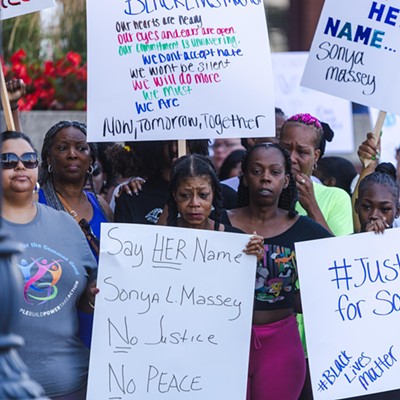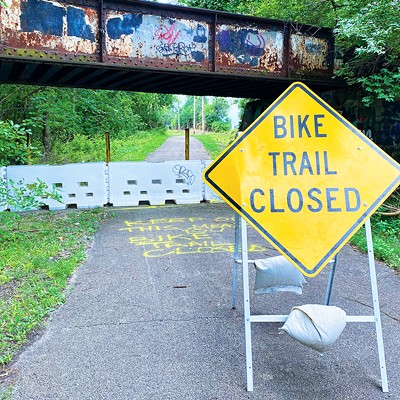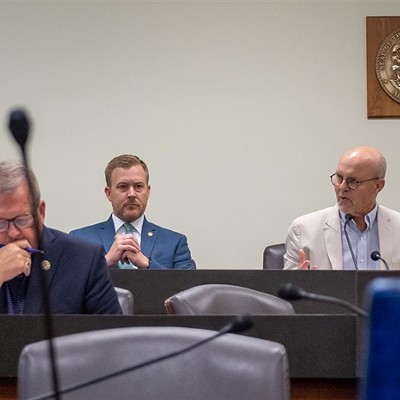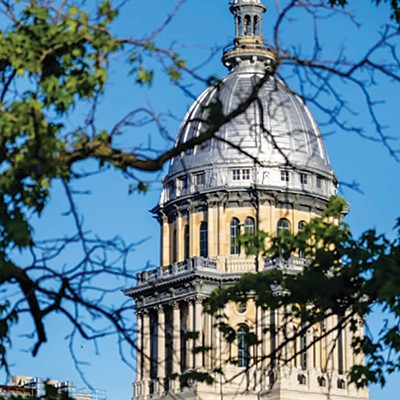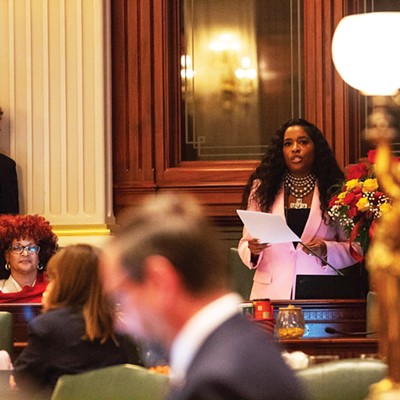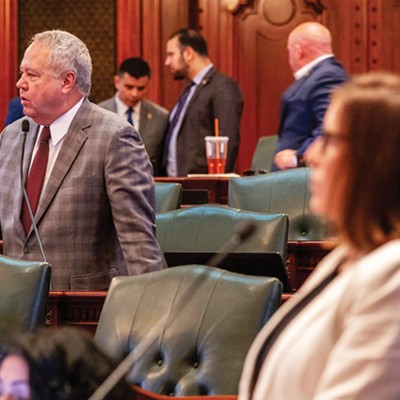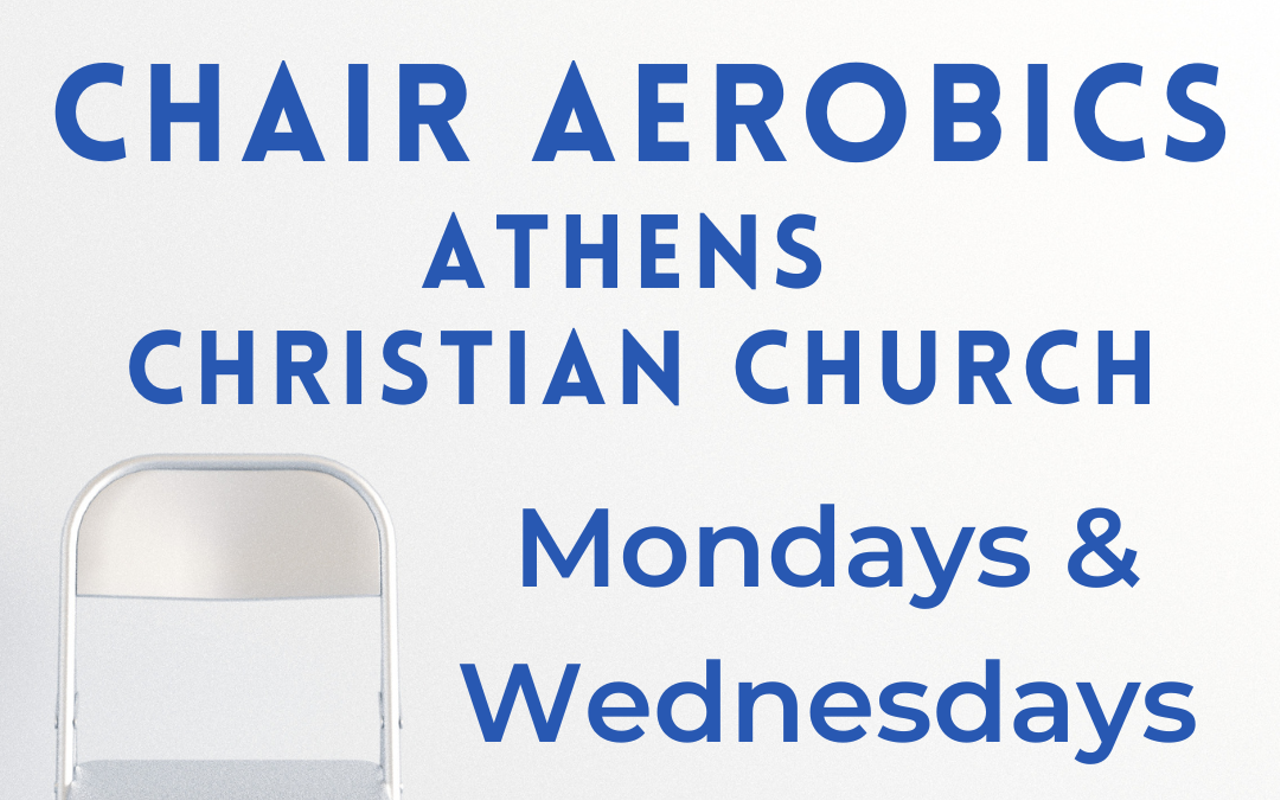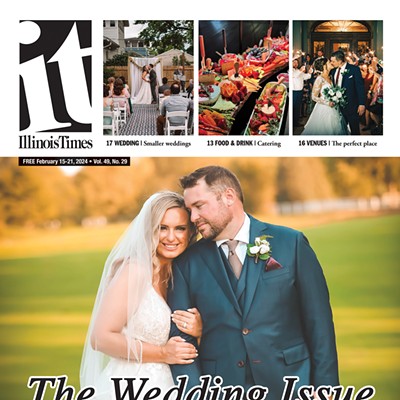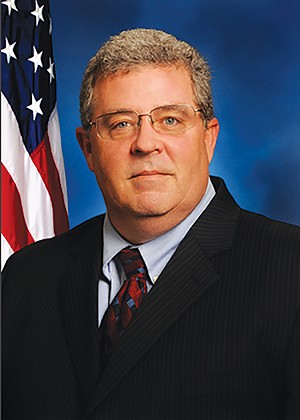
The campaign committee of former state Rep. Frank Mautino, who is now the Illinois auditor general, violated state law when it spent campaign funds on gas and car repairs for personal vehicles, the Illinois Supreme Court decided Thursday, May 20.
But the court did not find Mautino's committee violated a separate section of state election law that prohibits spending more than fair market value for goods and services.
However, since Mautino's committee was dissolved in 2015, any fines levied against it would likely not be collected, a spokesperson for the Illinois State Board of Elections said Thursday.
The case against Mautino's campaign committee dates back to early 2016 when Mautino resigned from his position as a state representative, after 25 years in the General Assembly, and was appointed auditor general.
Illinois resident David Cooke filed a complaint against Mautino's campaign committee with the State Board of Elections in February 2016. Specifically, Cooke argued the committee's expenditure of more than $225,000 on gas and repairs at Happy's Super Service for personal vehicles violated section 9-8.10(a)(9) of the Act to Regulate Campaign Financing. He also claimed the committee's spending at Spring Valley City Bank for travel expenses violated section 9-8.10(a)(2).
Section 9-8.10(a)(2) of the Act bans political committees from spending campaign funds on items or services that are more than "fair market value." Section 9-8.10(a)(9) provides that if a committee does not own or lease the vehicle, it can spend campaign funds only on reimbursements for mileage expenses.
Cooke also alleged the committee's documentation regarding the Spring Valley City Bank was improper, and the committee's inadequate disclosure reports willfully violated the law.
In May 2016, ISBE ordered the committee to file amended disclosure reports, but the committee failed to do so, leading ISBE to determine it willfully violated the law. While the committee had destroyed its pre-2014 records according to statute when it dissolved, it did possess records for 2014 and 2015, the board found.
The board imposed a $5,000 fee on the committee but did not address the merits of Cooke's complaint. Cooke appealed to the state appellate court, which sent the case back to ISBE for a decision on the merits.
In July 2018, ISBE decided the committee did not violate any sections of the act and Cooke again appealed. In its second hearing of the case, the appellate court reversed ISBE's decision and ruled that the committee violated the law when it came to travel and vehicle expenses.
The committee appealed to the Illinois Supreme Court, and the justices agreed that the committee's spending on gas and repairs for vehicles that were not owned or leased by the committee was in violation of the law.
"(W)ith regard to a vehicle neither owned nor leased by a committee, the committee may only make expenditures for actual mileage reimbursement when that vehicle is used for campaign or governmental purposes," Illinois Supreme Court Justice Rita Garman wrote in the 28-page opinion.
But the justices disagreed with the appellate court on its decision that the committee's expenditures for travel and vehicle expenses violated the law in regard to their relation to fair market value.
"Cooke did not present evidence demonstrating that, for example, the price per gallon paid by the Committee clearly exceeded the market price on the relevant date," Garman wrote.
On the spending at the bank, the justices found that Cooke could not "compare the amount of money withdrawn from the bank with the travel costs Mautino purportedly incurred," because the committee refused to amend its disclosure reports to identify the specific purpose of the bank spending.
"Instead, Cooke could only demonstrate the peculiarity of the (c)ommittee and Mautino's method of reporting expenditures for certain travel expenses. Therefore, the board was without the requisite information to determine whether it was more probably true than not that the Committee violated section 9- 8.10(a)(2)," Garman wrote.
The justices ordered that the case return to ISBE, which will decide whether the committee "knowingly" violated the law with its spending on gas and car repairs.
Matt Dietrich, spokesperson for ISBE, said the board could add another fine for the committee, although it no longer exists.
In an emailed statement, Mautino said he is pleased with the decision by the Illinois Supreme Court and looks forward to finalizing the matter.
A representative for the right-leaning Liberty Justice Center, which provided legal representation for David Cooke, did not respond to a request for comment.
Contact Sarah Mansur at [email protected].


